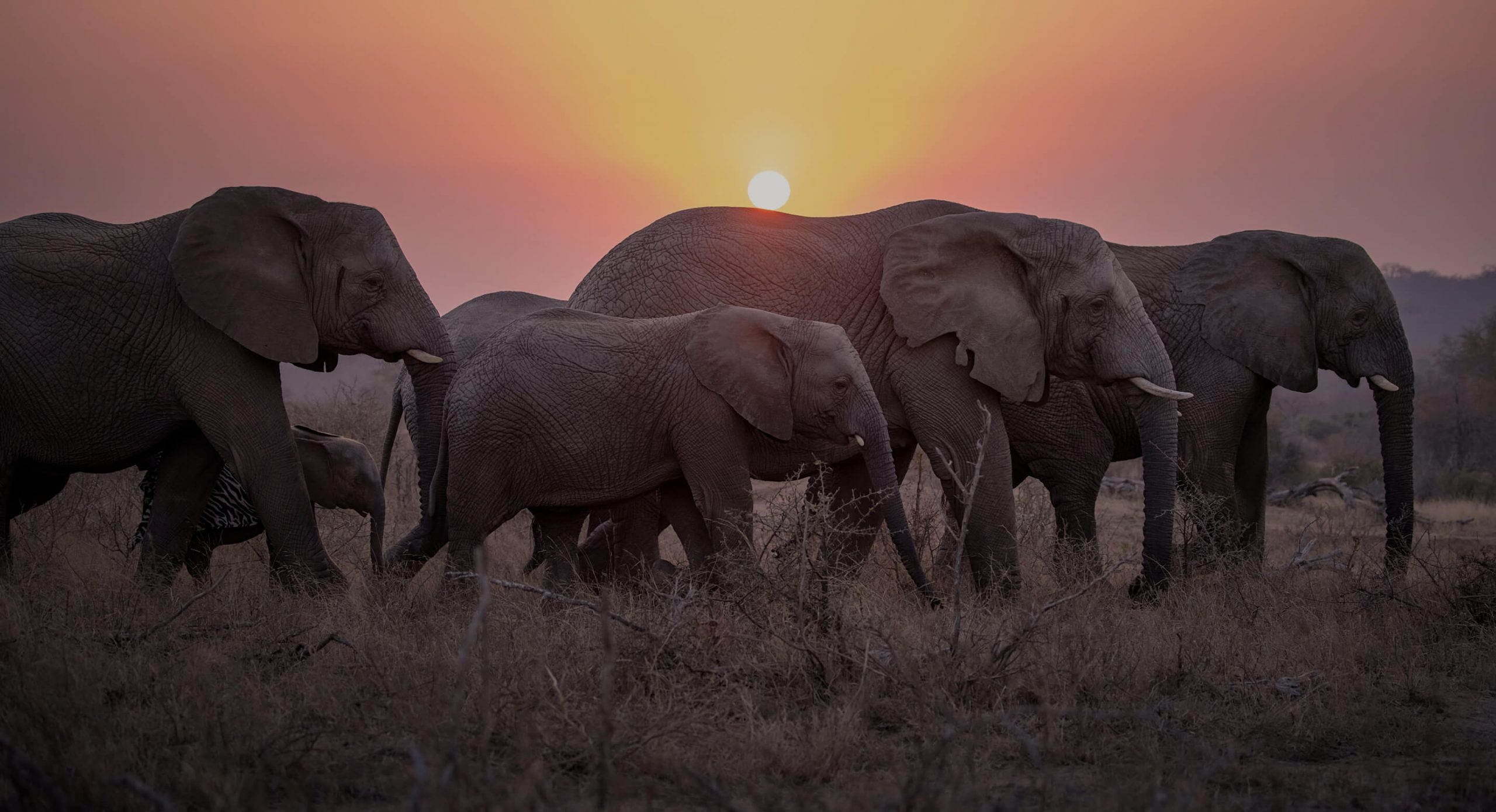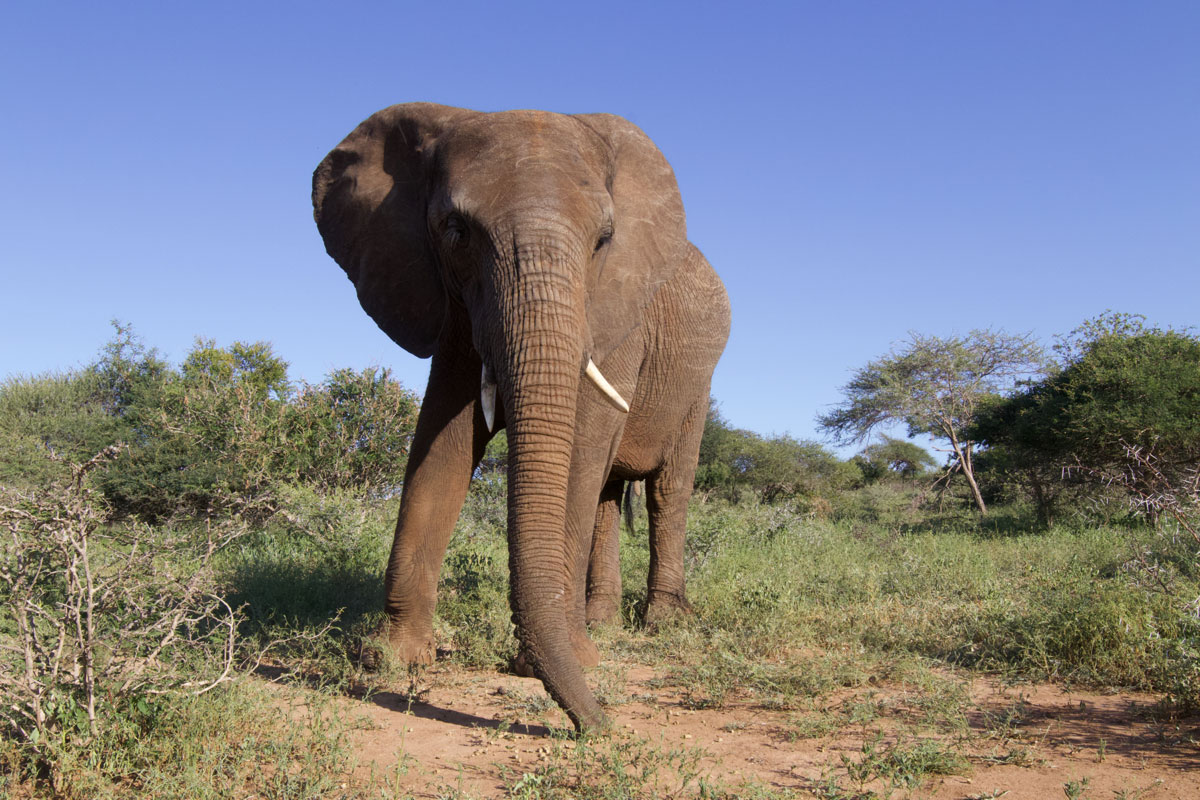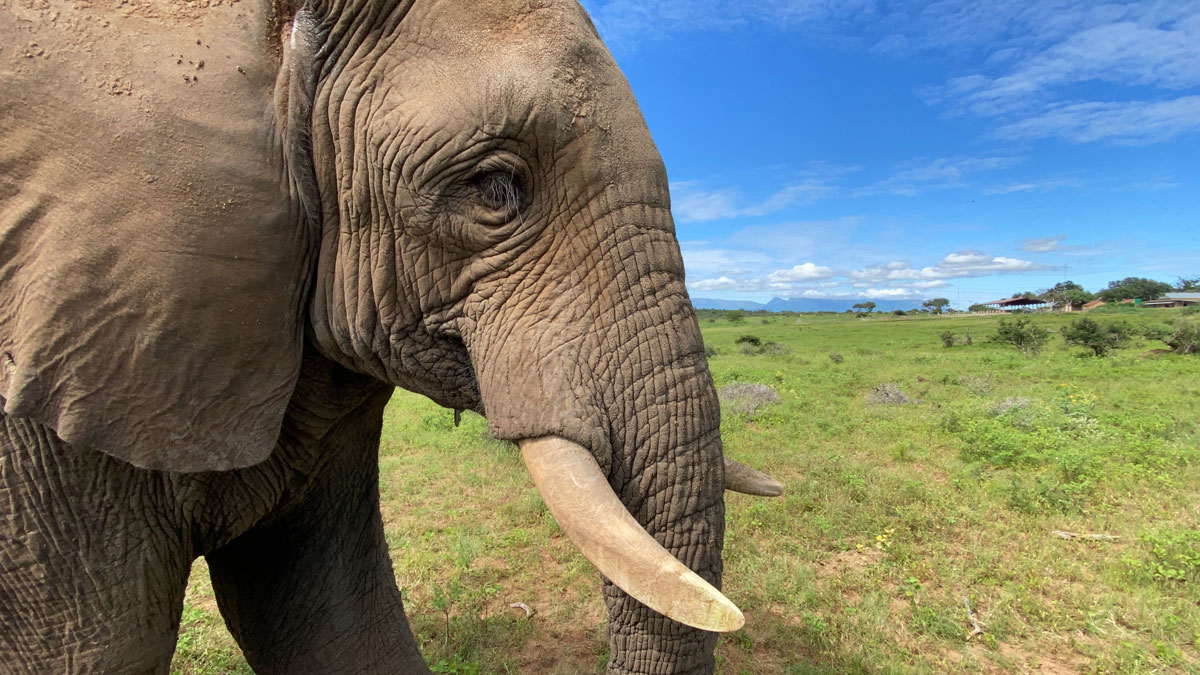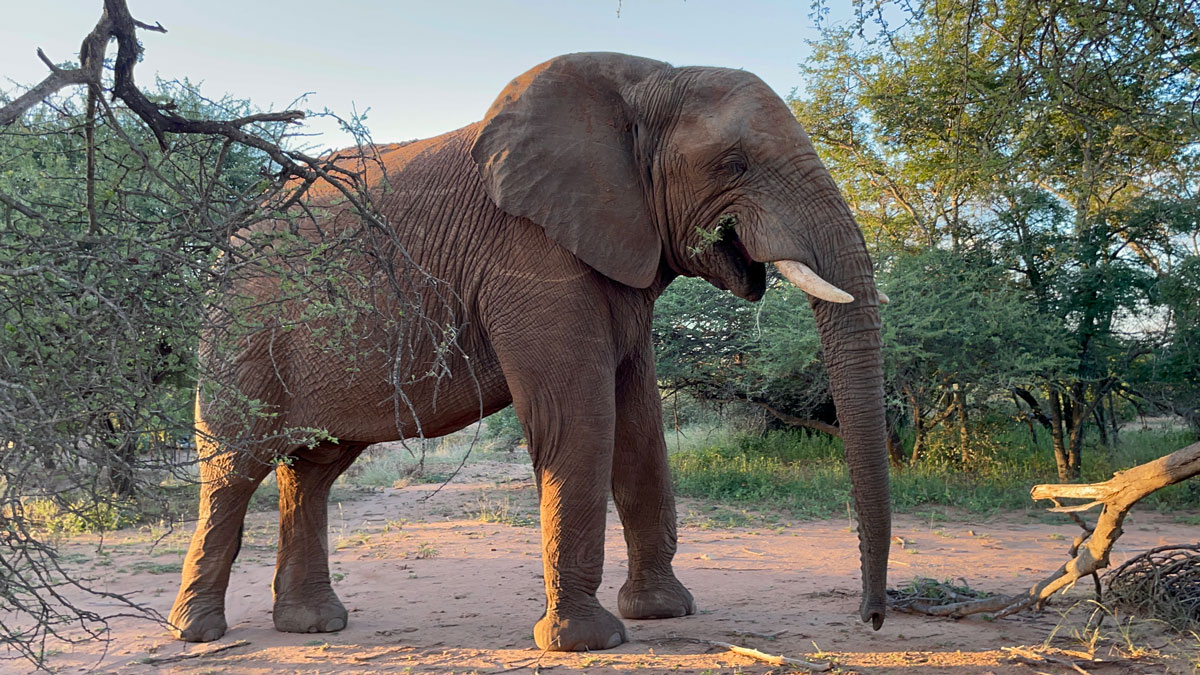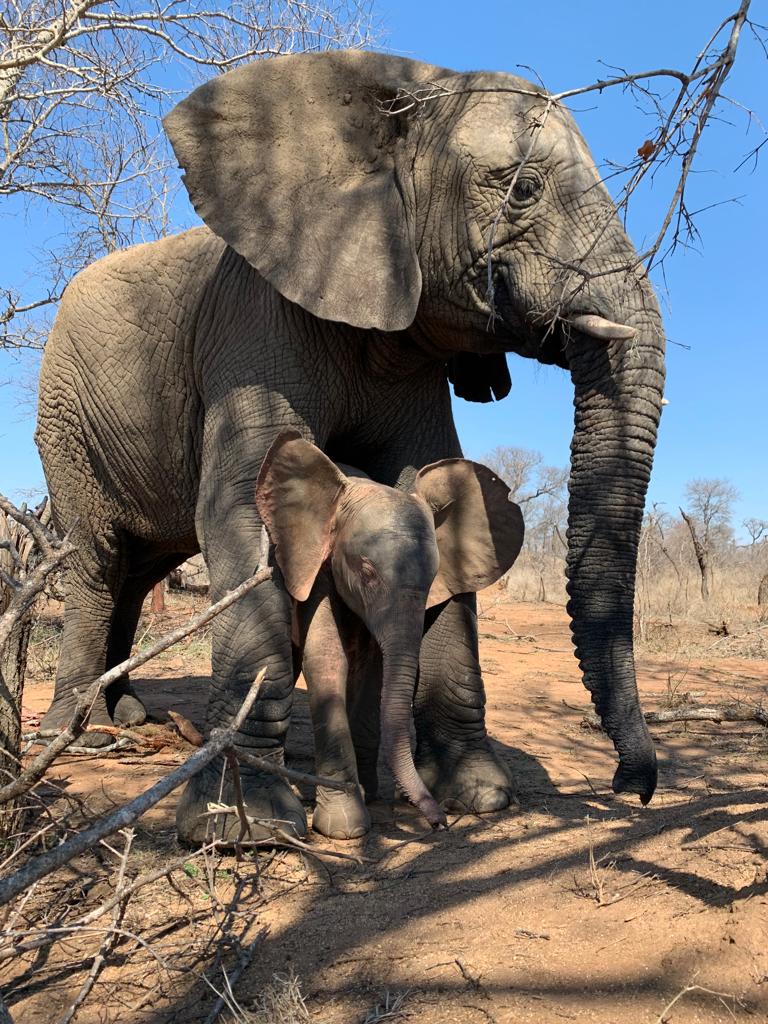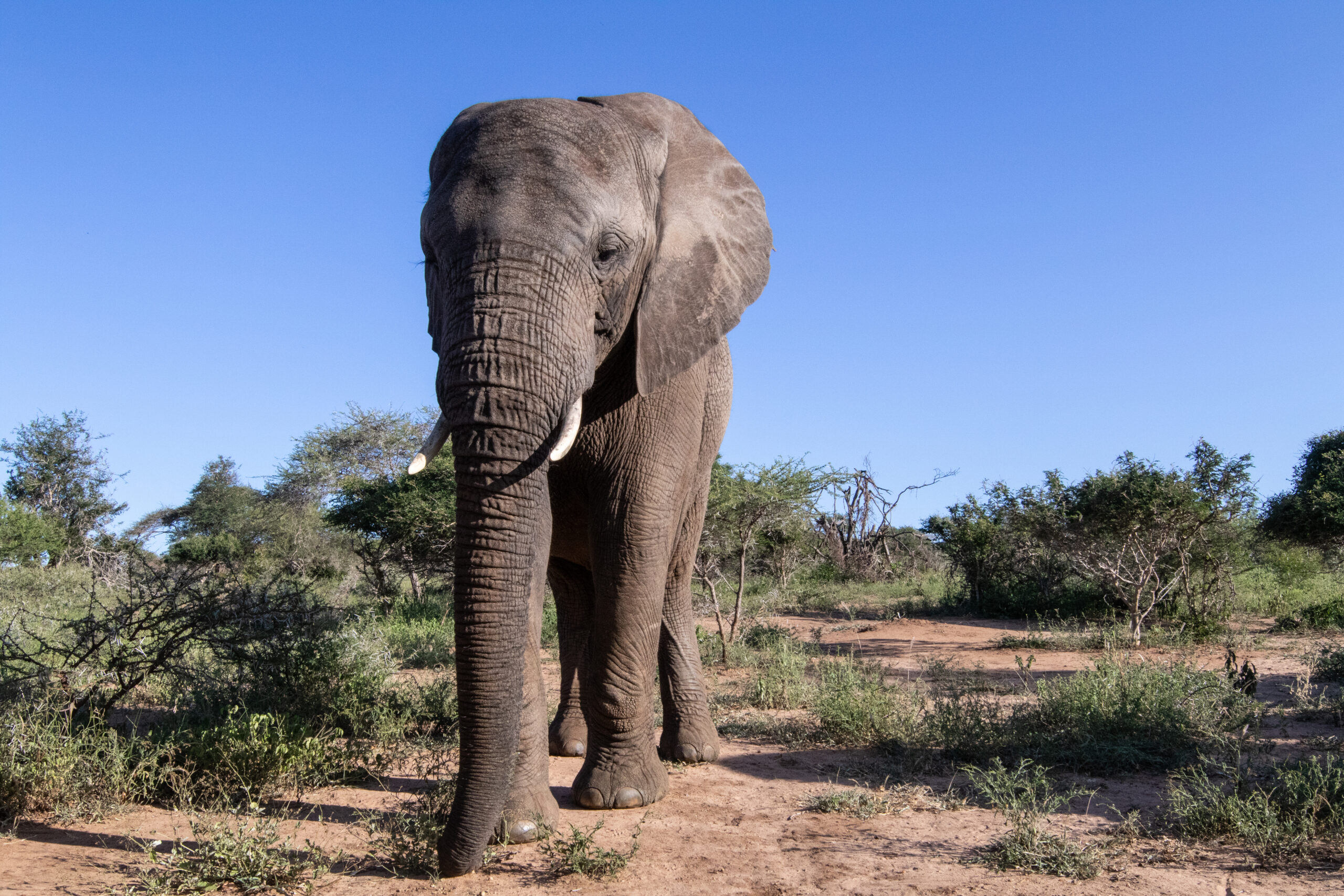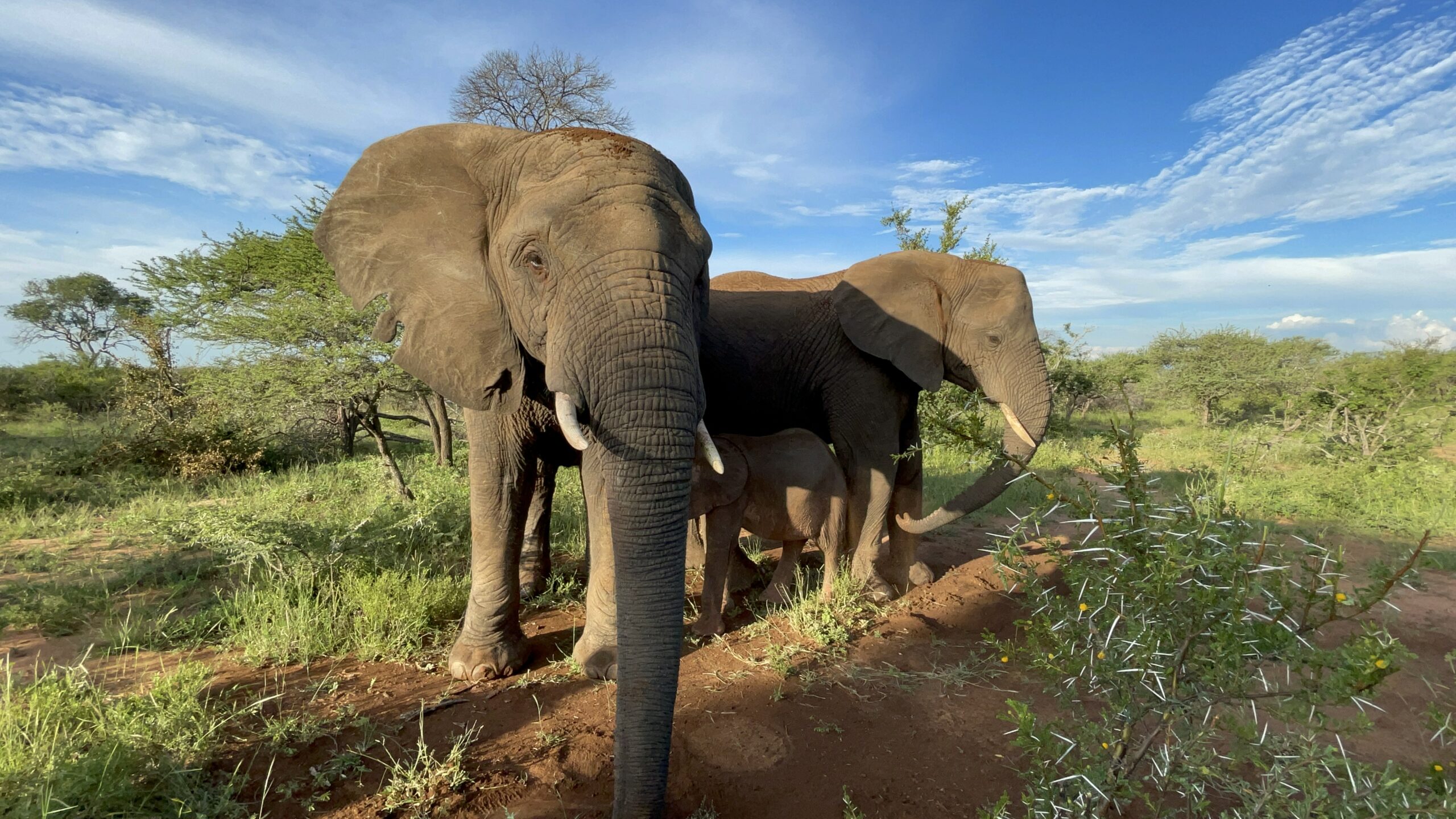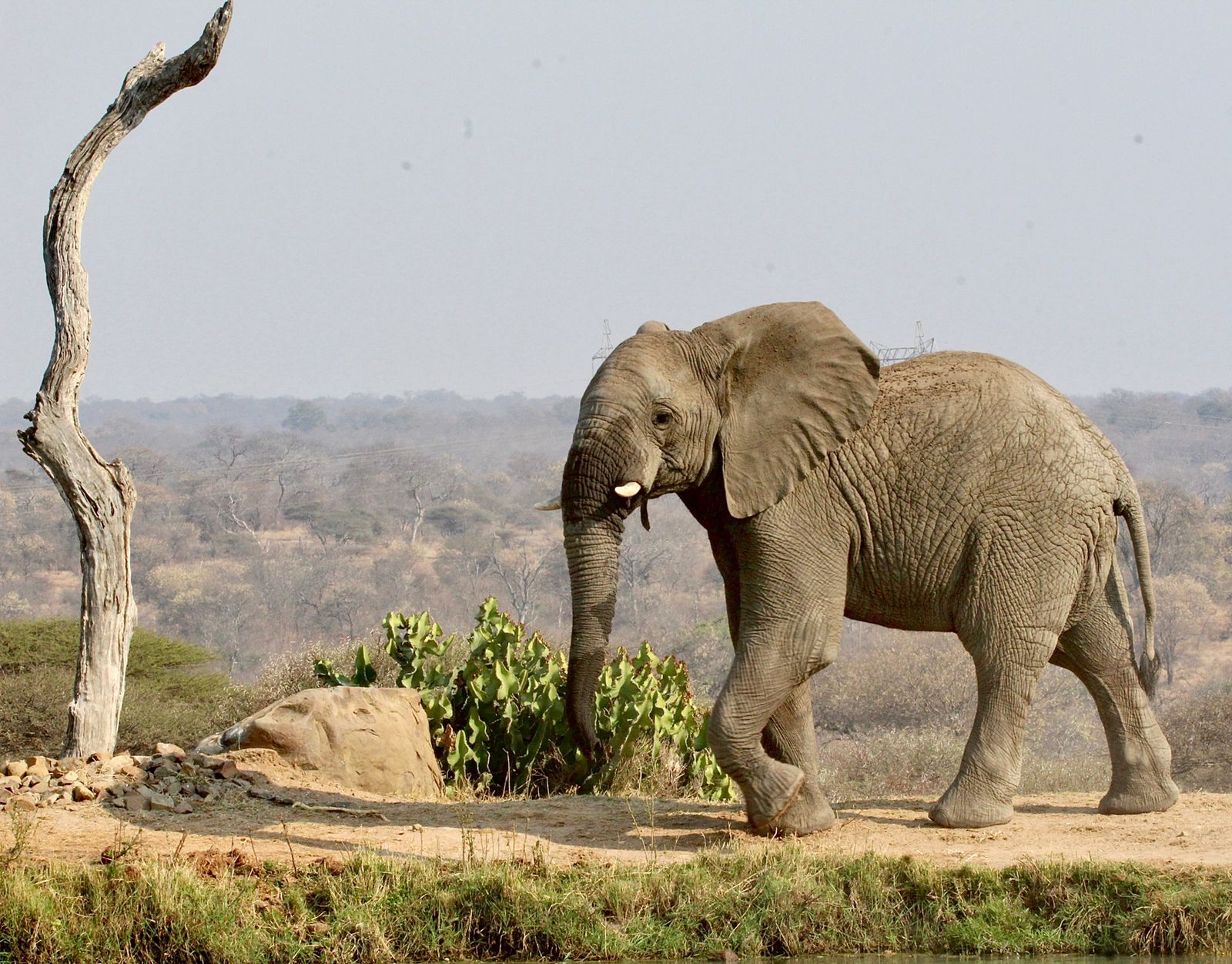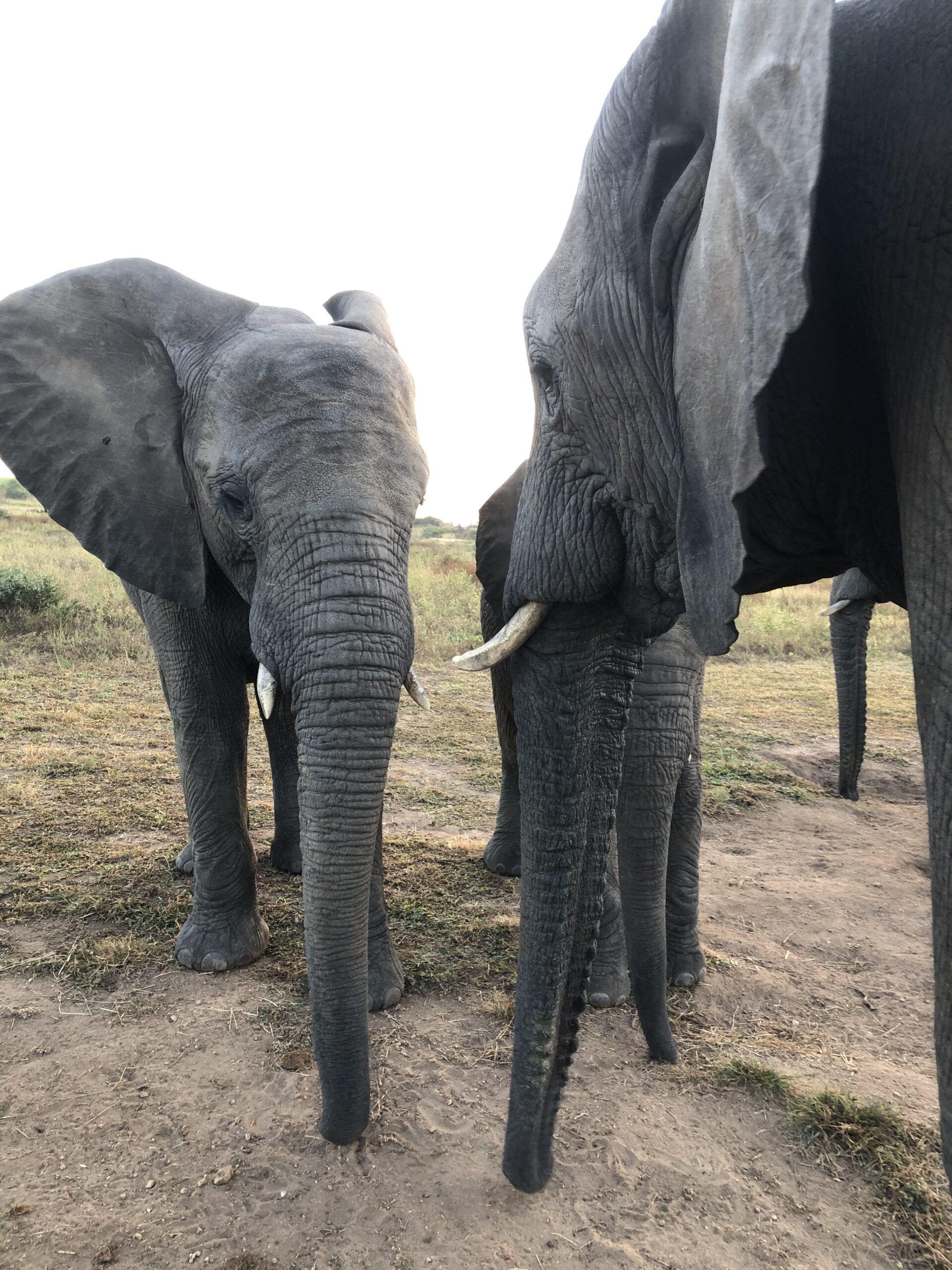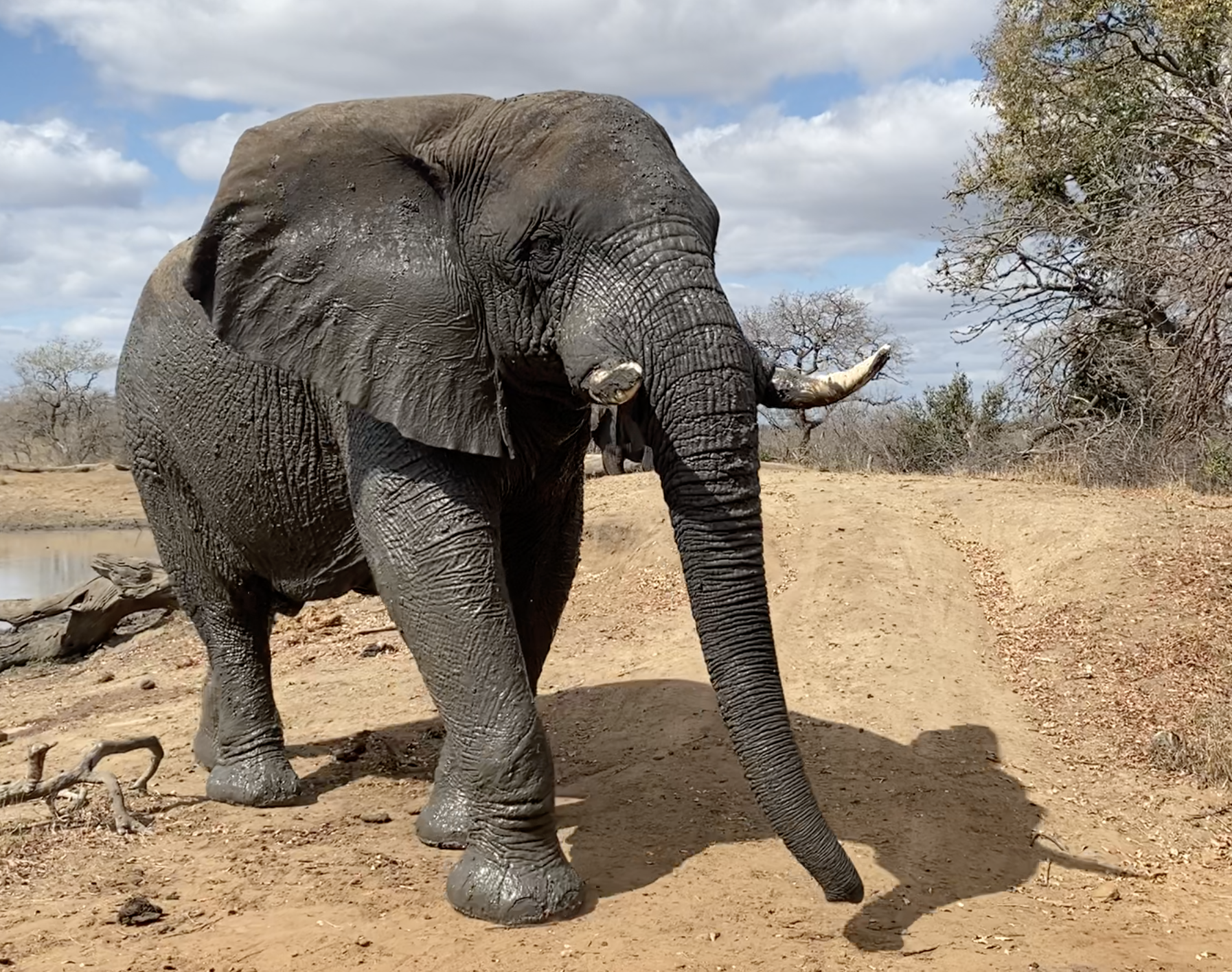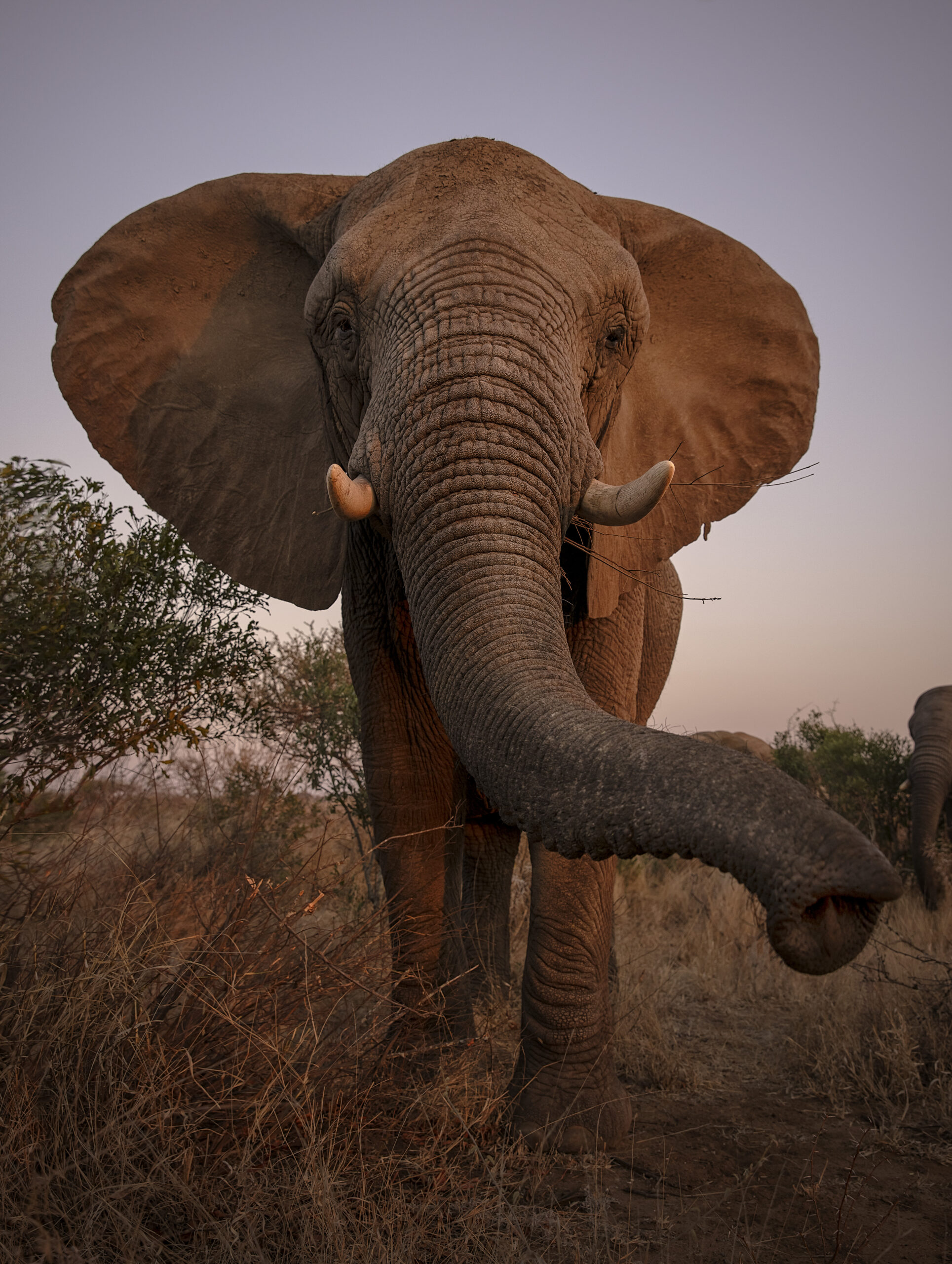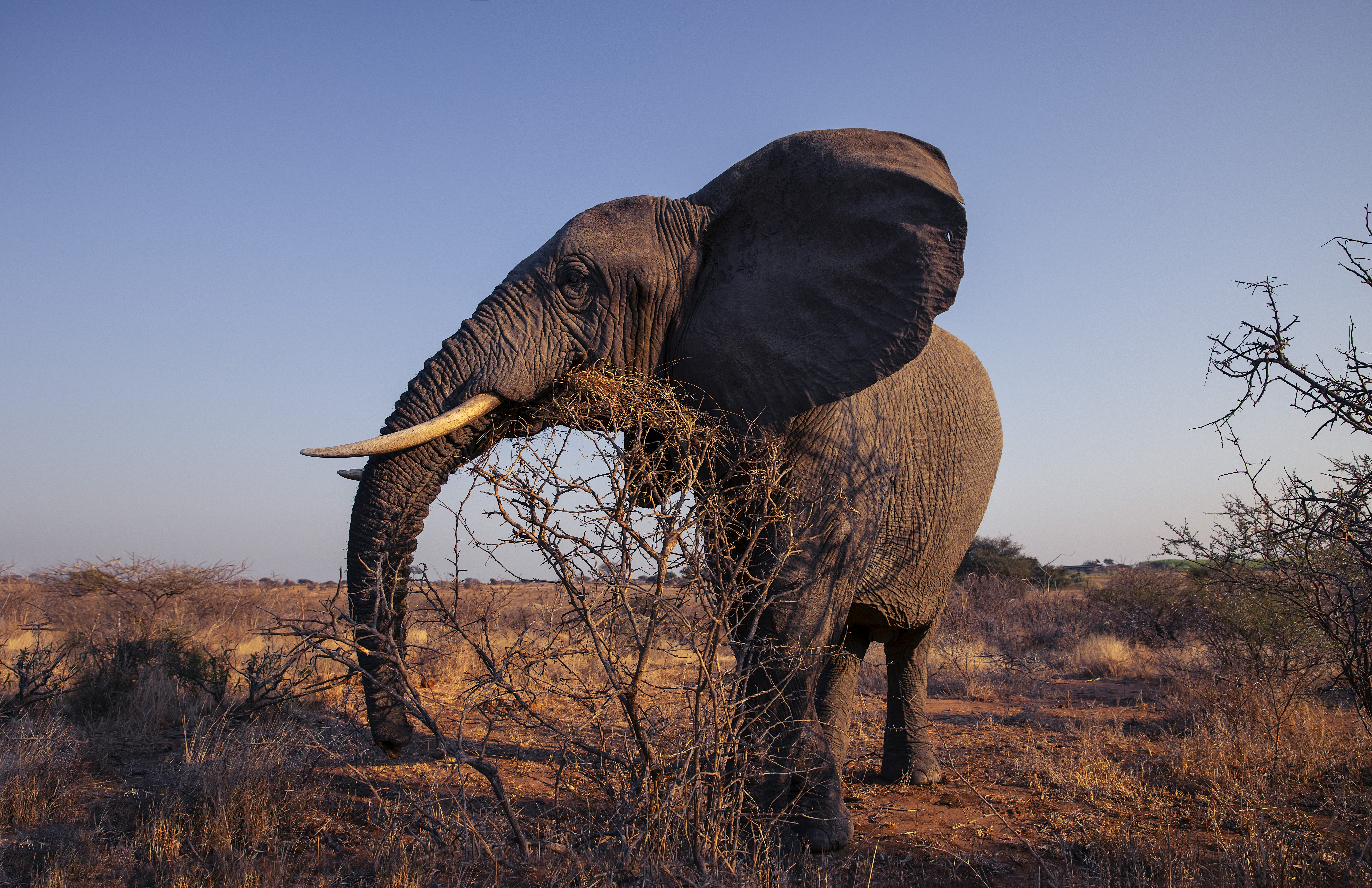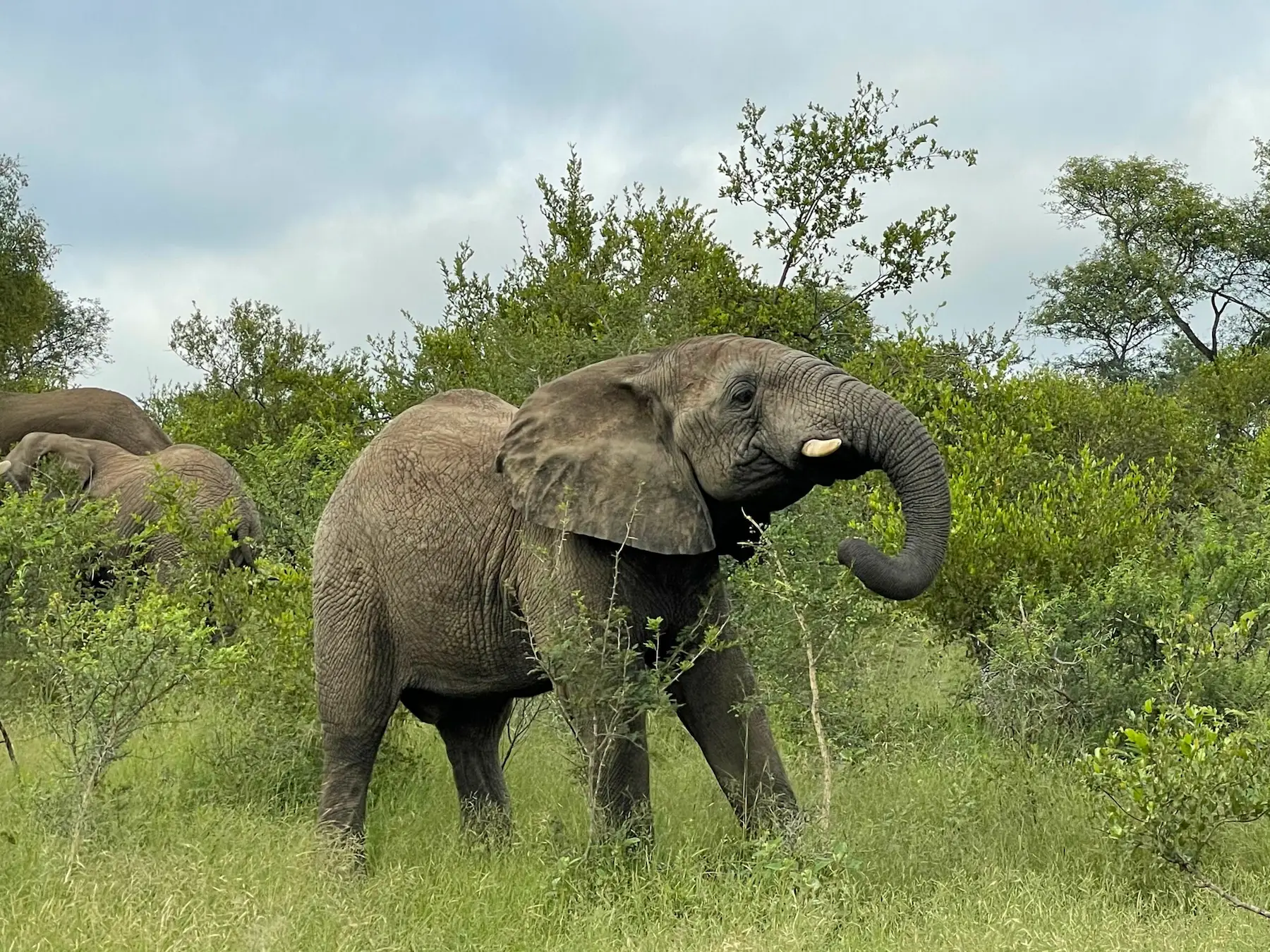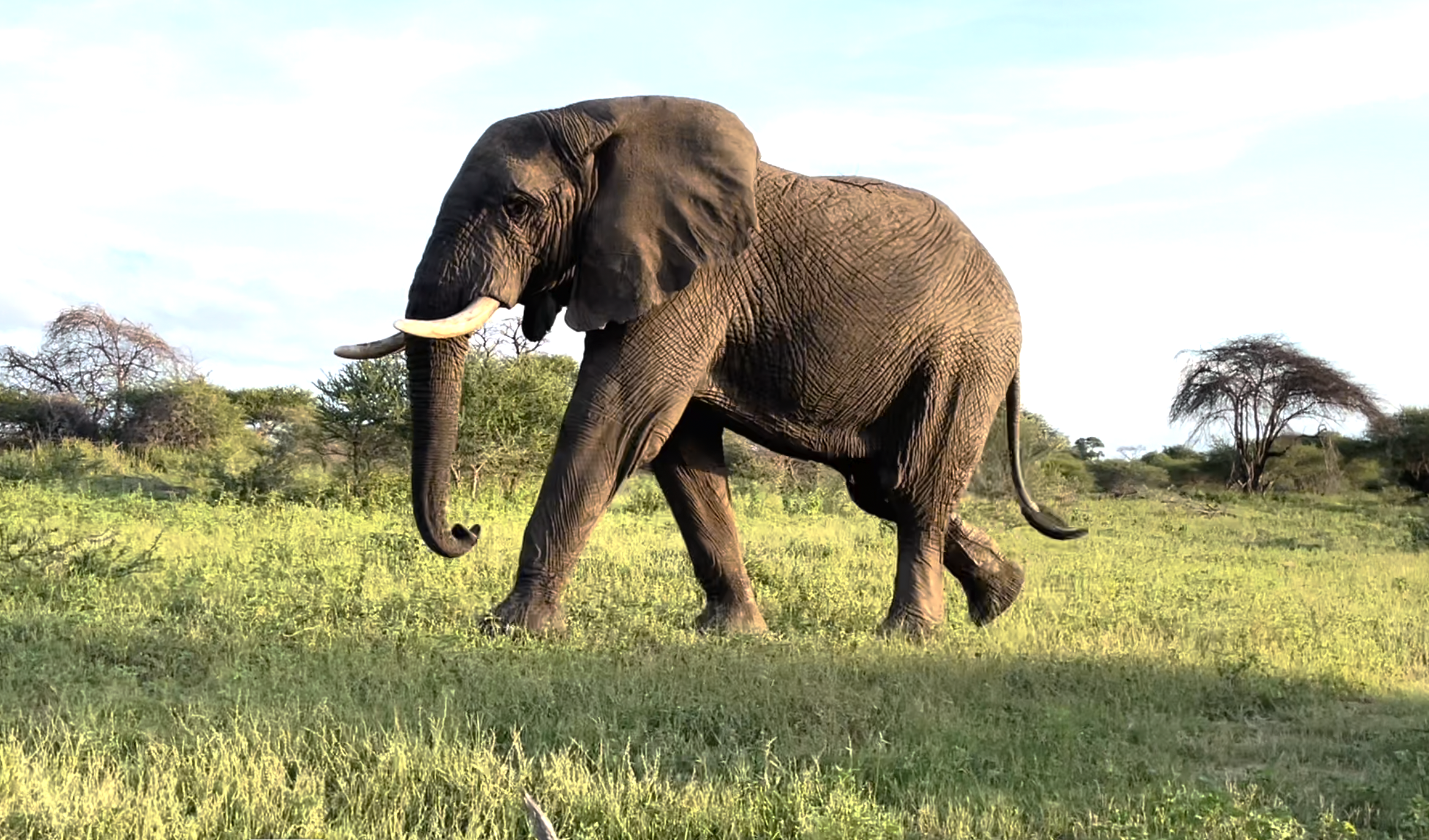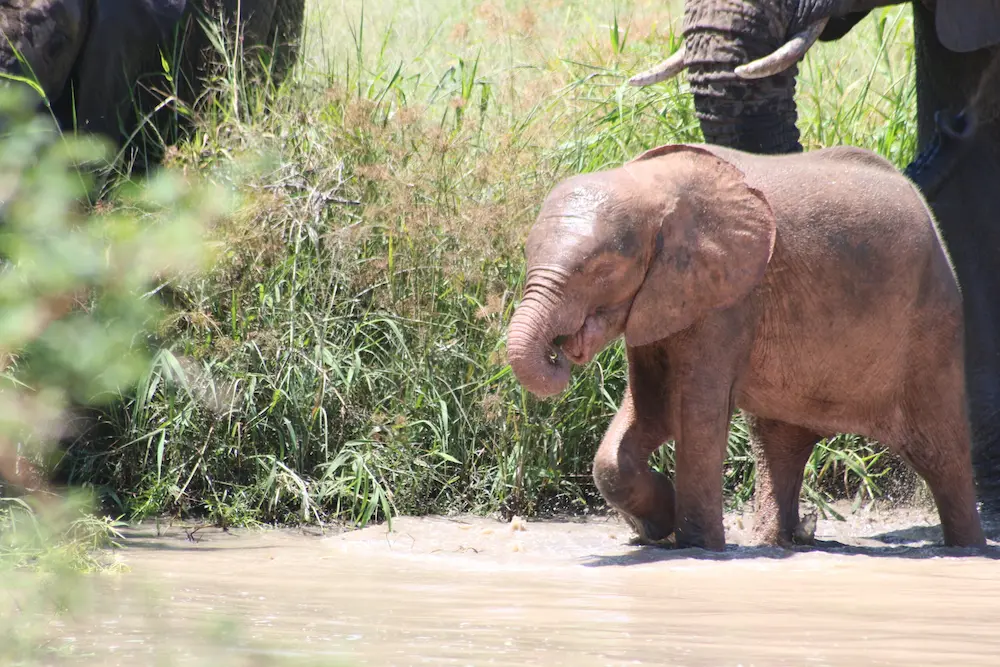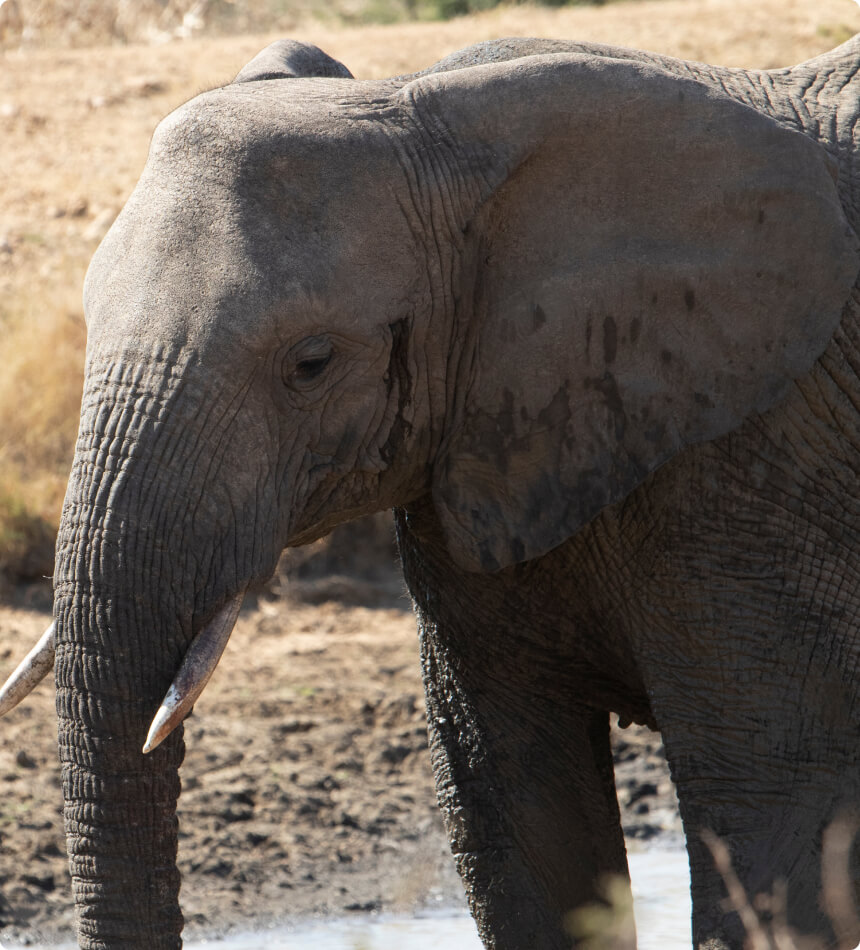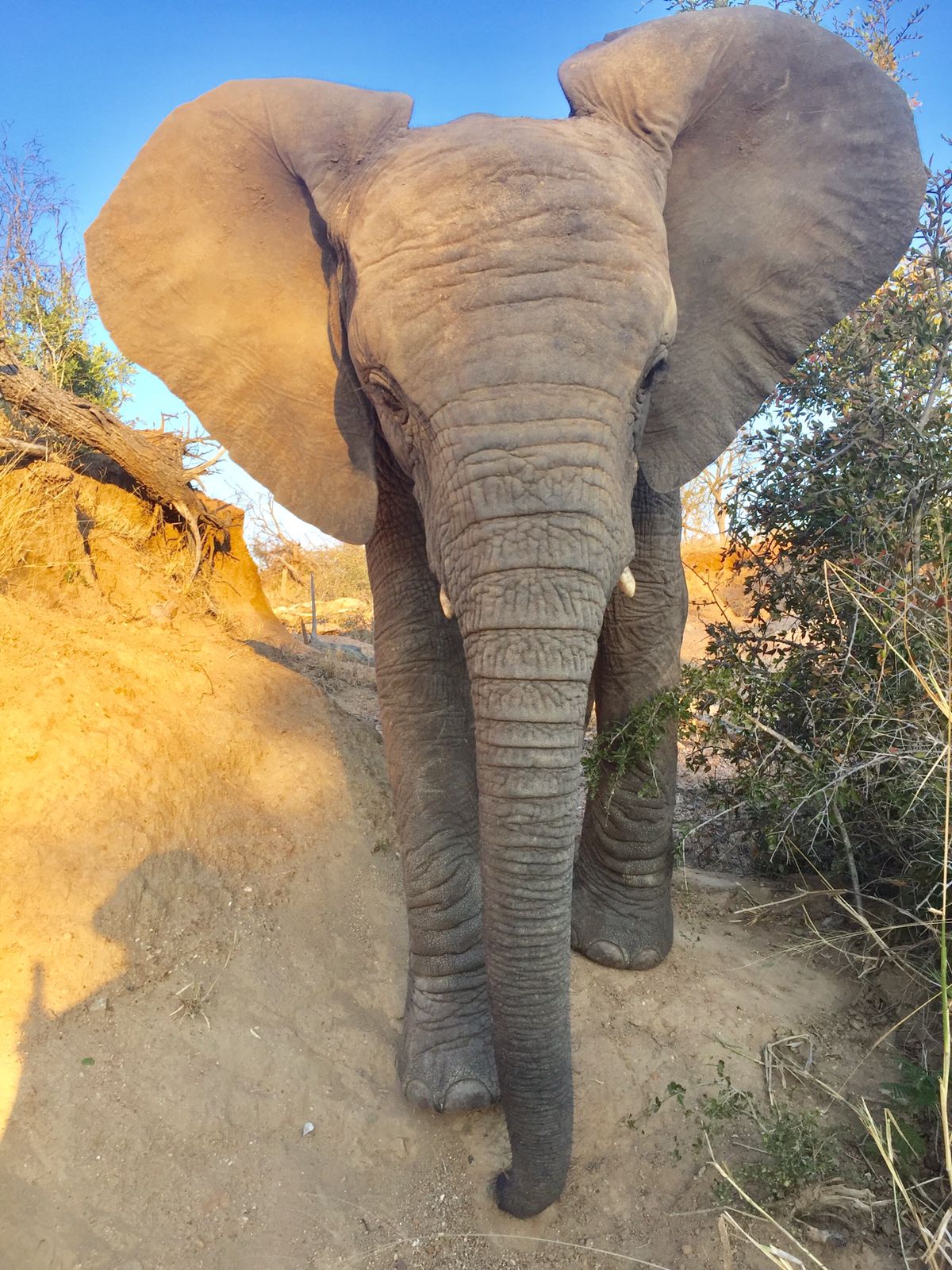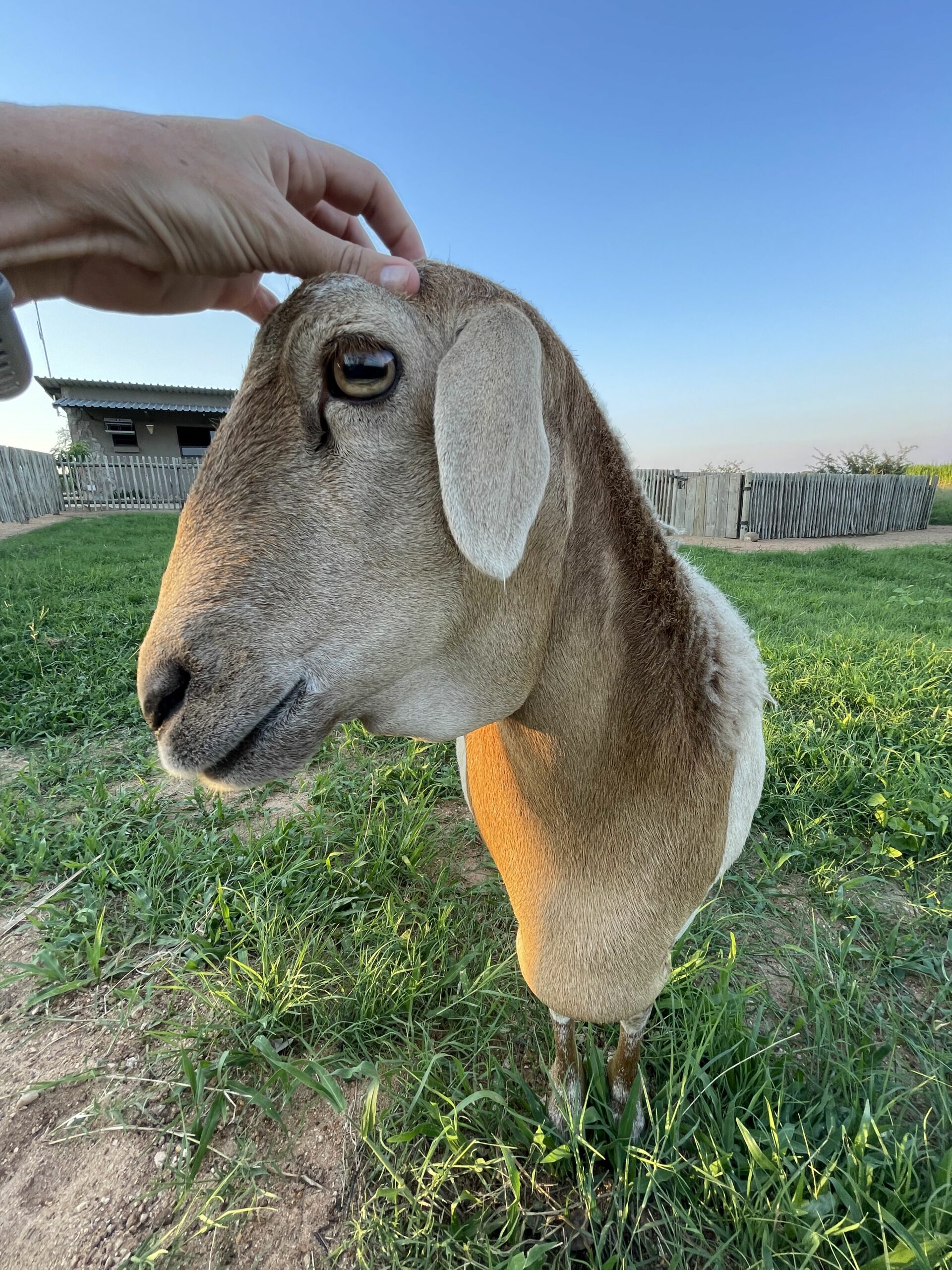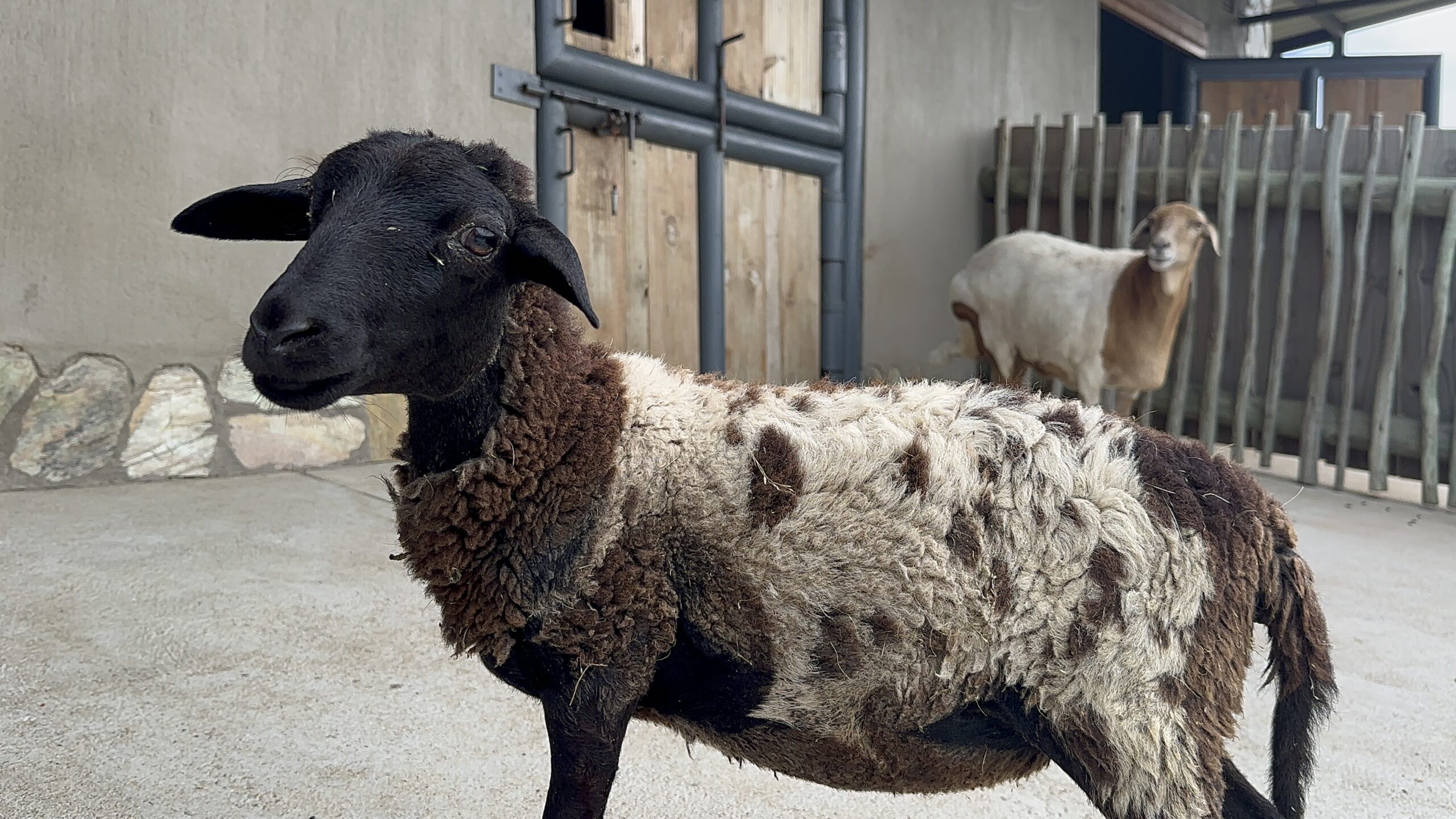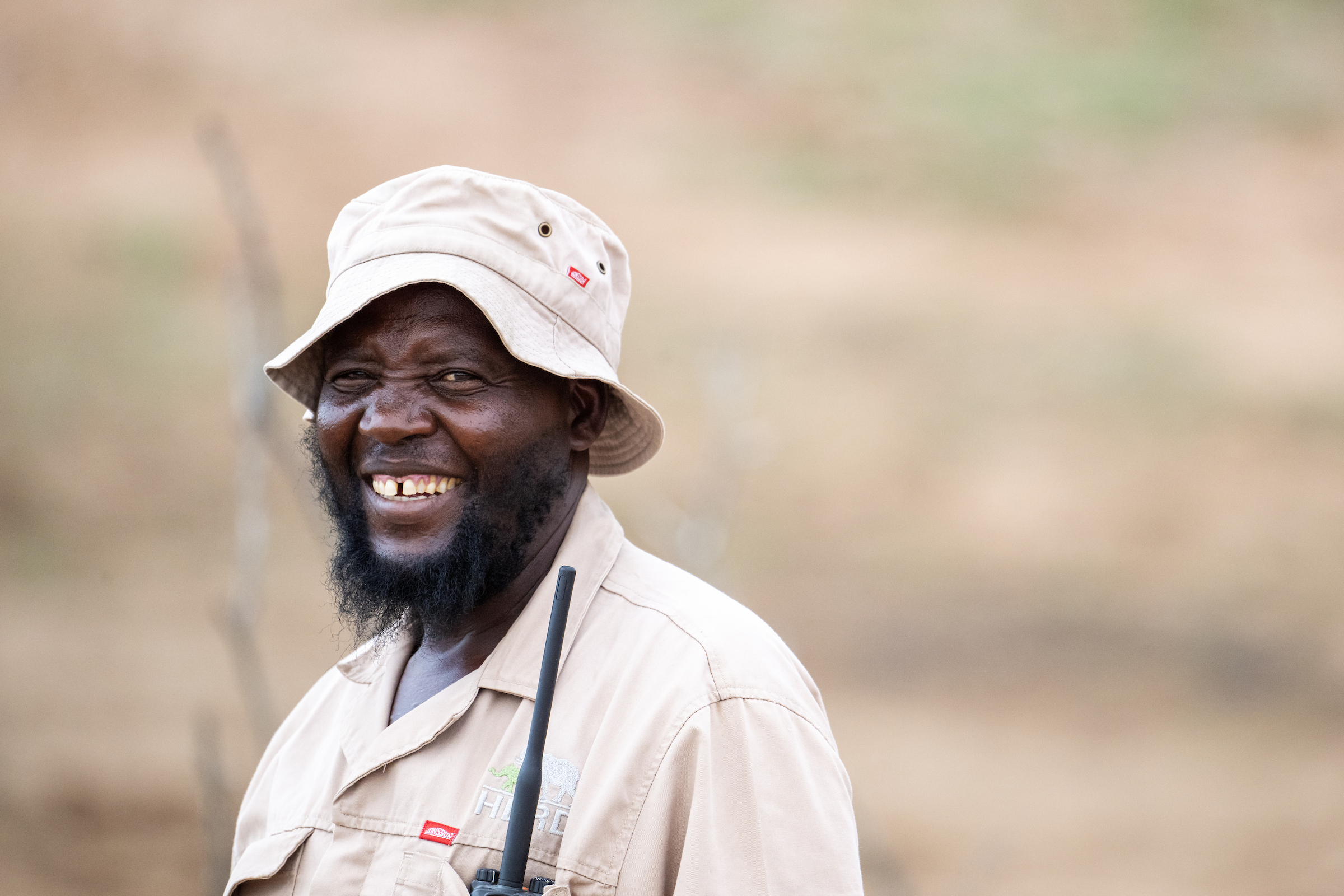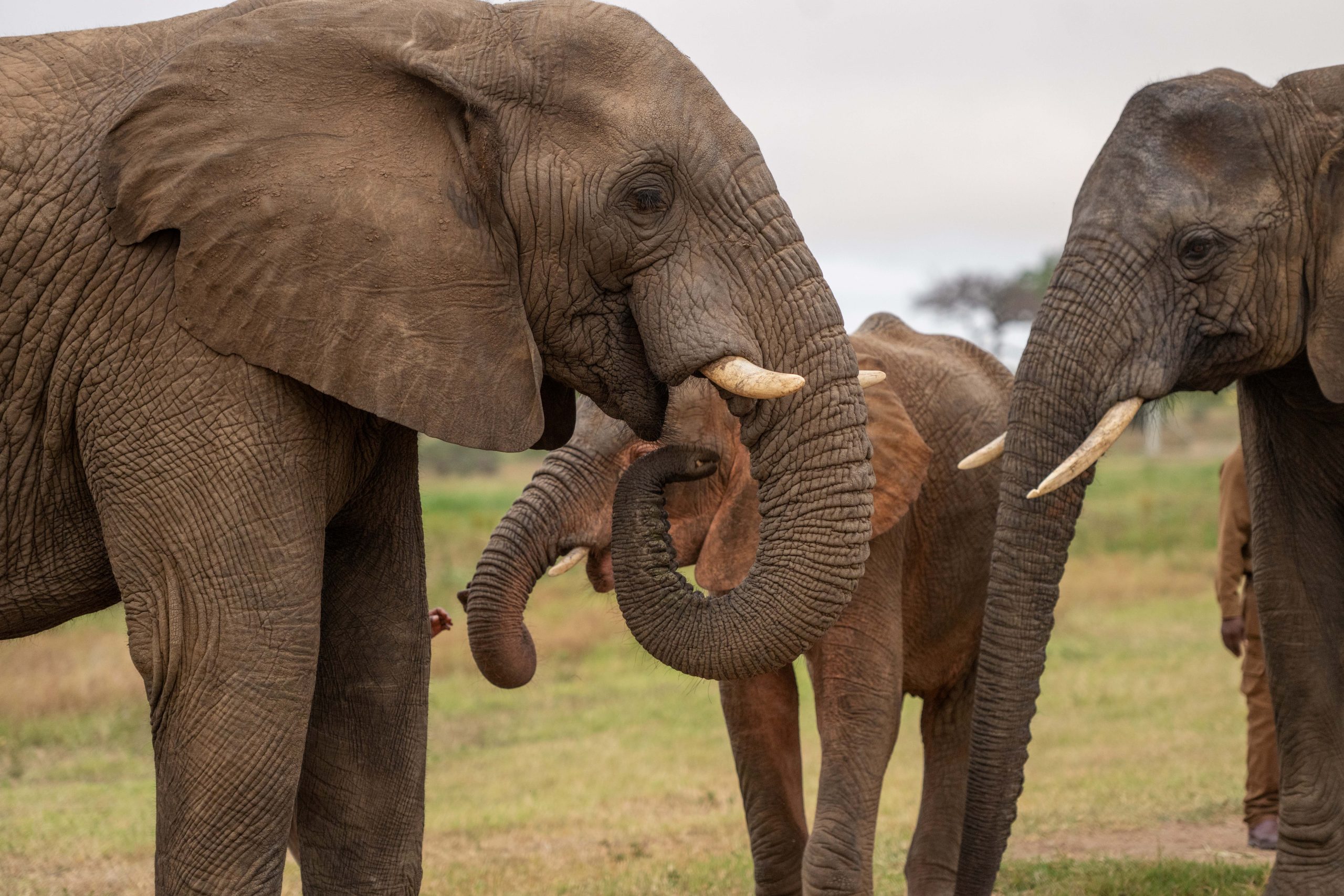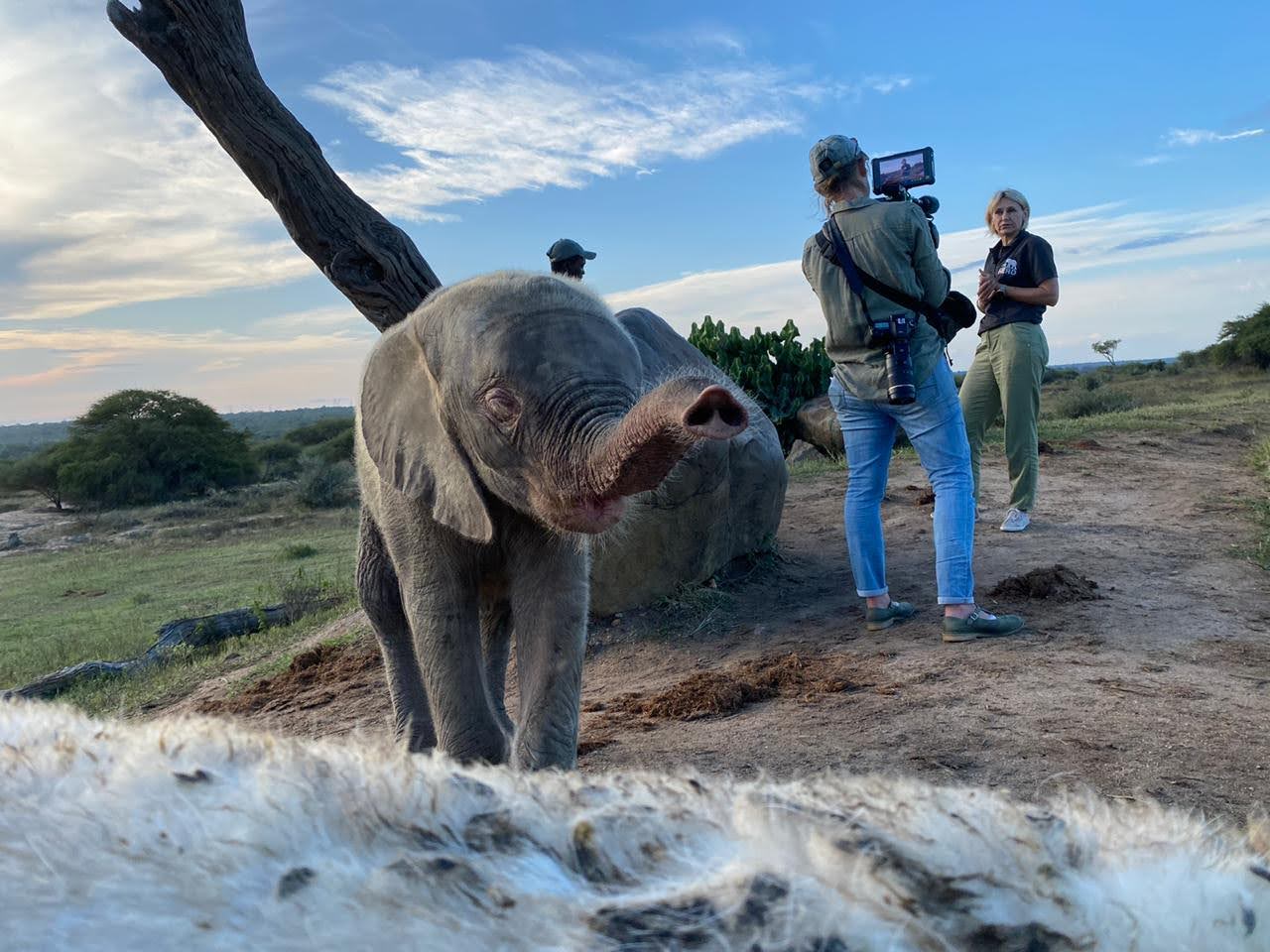HERD Orphanage was built in 2019, however, the legacy and building blocks of the orphanage reach back to 2002, when Jabulani, a rescued orphan, was accepted by a unique rescued herd from Zimbabwe.
In 2009, Kumbura was rescued from the borders of South Africa and Botswana and accepted openly by Tokwe, the matriarch, and the herd. In 2016, Timisa, who was rescued by Elephants Alive and brought into our care, was also accepted unconditionally by the herd.
It was in 2019 that the much-anticipated building of the dedicated orphanage took place, creating a space that is ideal for rehabilitation and treatment of orphaned elephants, and built strategically alongside HERD Homestead – where the Jabulani elephants stay overnight.
Khanyisa, an orphaned albino elephant calf, was rescued in January 2020, having somehow survived for days on her own, trapped in a snare. Following her rehabilitation, she was able to integrate into the herd and join them full time.
The orphans receive around-the-clock care from our dedicated carers, while slowly integrating with their new herd at a pace that works for each baby elephant’s needs. They remain in the care of the orphanage overnight until they are fully weaned, or weaned off night bottles, and are able to join the herd in the homestead.
